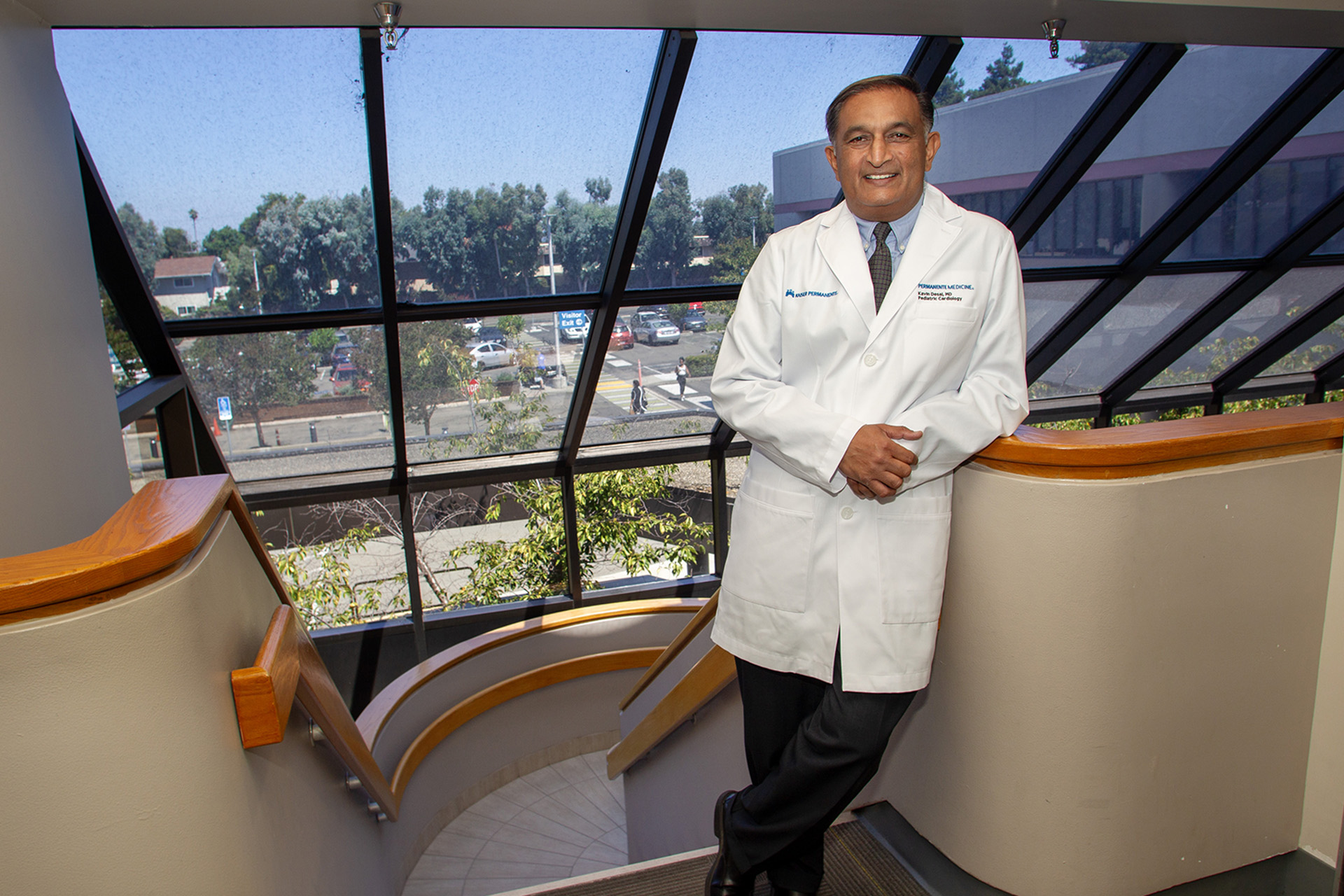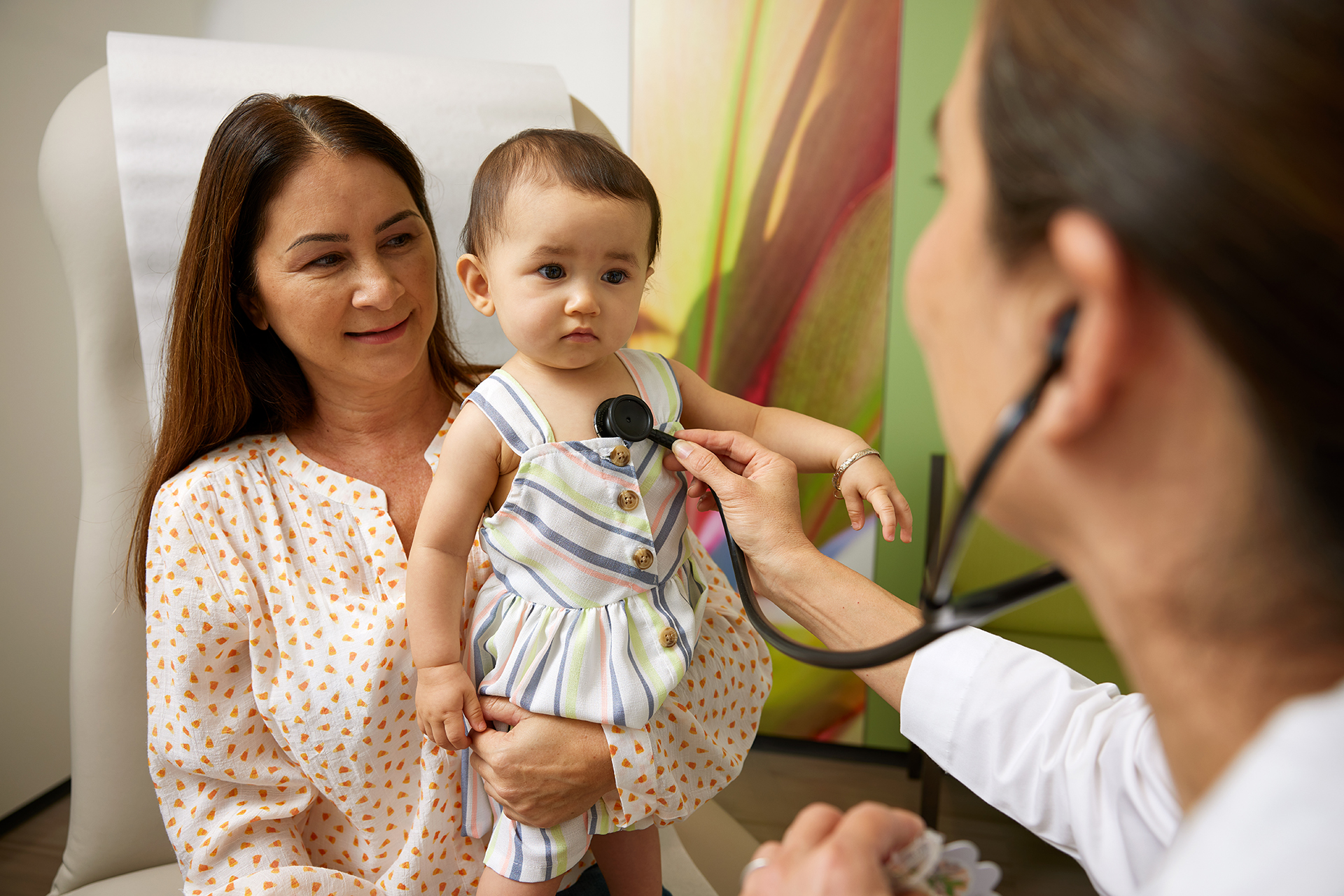When 18-year-old Bronny James collapsed from a sudden cardiac arrest during basketball practice at USC in July, it grabbed headlines worldwide.
James, son of superstar professional basketball player LeBron James, survived, but the attention around such a well-known athlete left parents of young athletes wondering, “How could this happen to such a young man? Is it common? Will it happen to my kid?”
We sat down with Kaiser Permanente Pediatric Cardiologist Kavin Desai, MD, chair of chiefs of Pediatric Cardiology in Northern California, to learn more about the prevalence of sudden cardiac arrest in young athletes, what parents can do to keep their young athletes heart healthy, and the role Kaiser Permanente has in keeping them safe.
Is sudden cardiac arrest common among teen and younger athletes?
The good news is it is not common at all. In fact, it is very rare. But when it does occur, it gets a lot of press. There are typically about 100 sudden deaths of athletes each year in the United States, with about half being high school age. And while an autopsy may say “sudden cardiac death,” we don’t always know if there was another health issue that caused that cardiac arrest. So that number I just mentioned may actually be lower.
What is Kaiser Permanente’s role in screening children to make sure they are ready to play sports or work out?
We absolutely want all athletes to have a thorough annual physical exam and history each year. This is very important. When they go to the appointment, a pediatrician will check for heart murmurs and blood pressure abnormalities. We also ask both parent and child to go through a 14-point heart history questionnaire developed by the American Heart Association. The questionnaire asks about such things as sudden deaths of family members under age 50, family history of cardiac diseases, such as hypertrophic cardiomyopathy or arrythmias, and any history of heart palpitations, chest pain, light headedness, or fainting.
The questionnaire can be done before the visit, and the answers are incorporated into the medical record.

How can parents and adults be involved in the screening process of a young athlete?
It’s really important that parents pay attention to what their child may tell them they are experiencing when exercising, like heart palpitations and chest pain. Parents, coaches, and physical education teachers need to be full participants in this screening system.
Some parents really want their kids to excel. They may say “Your chest hurts? Walk it off.” These things should be taken seriously. There are very critical symptoms, which could lead to a diagnosis that would prevent a sudden cardiac death.
How often do you see referrals to Pediatric Cardiology from the sports participation screening process?
We receive referrals all the time. The busiest times are September and October, and the most common referral is for chest pain or passing out during exertion.
We do the proper testing, and usually they are cleared.
Lots of times, particularly in the fall when school sports start up again, children are deconditioned from their summer vacations, and when they begin training, they may experience some of these things. They may feel their heart racing or feel chest pain. But once they get back into that sport for a few weeks, their body becomes conditioned, and it goes away.
But again, it’s very important to get those things checked out.
What is the process for sports screening at Kaiser Permanente in Northern California?
We recommend scheduling an appointment at least a month prior to the start of sports participation. Bring the school form to the appointment, but if you do not have the form, our Release of Medical Information Department can provide a standard form based on the visit with all the required information completed.
The main things to remember are getting the annual physical, paying attention to any symptoms and family history, and communicating with your pediatrician.




